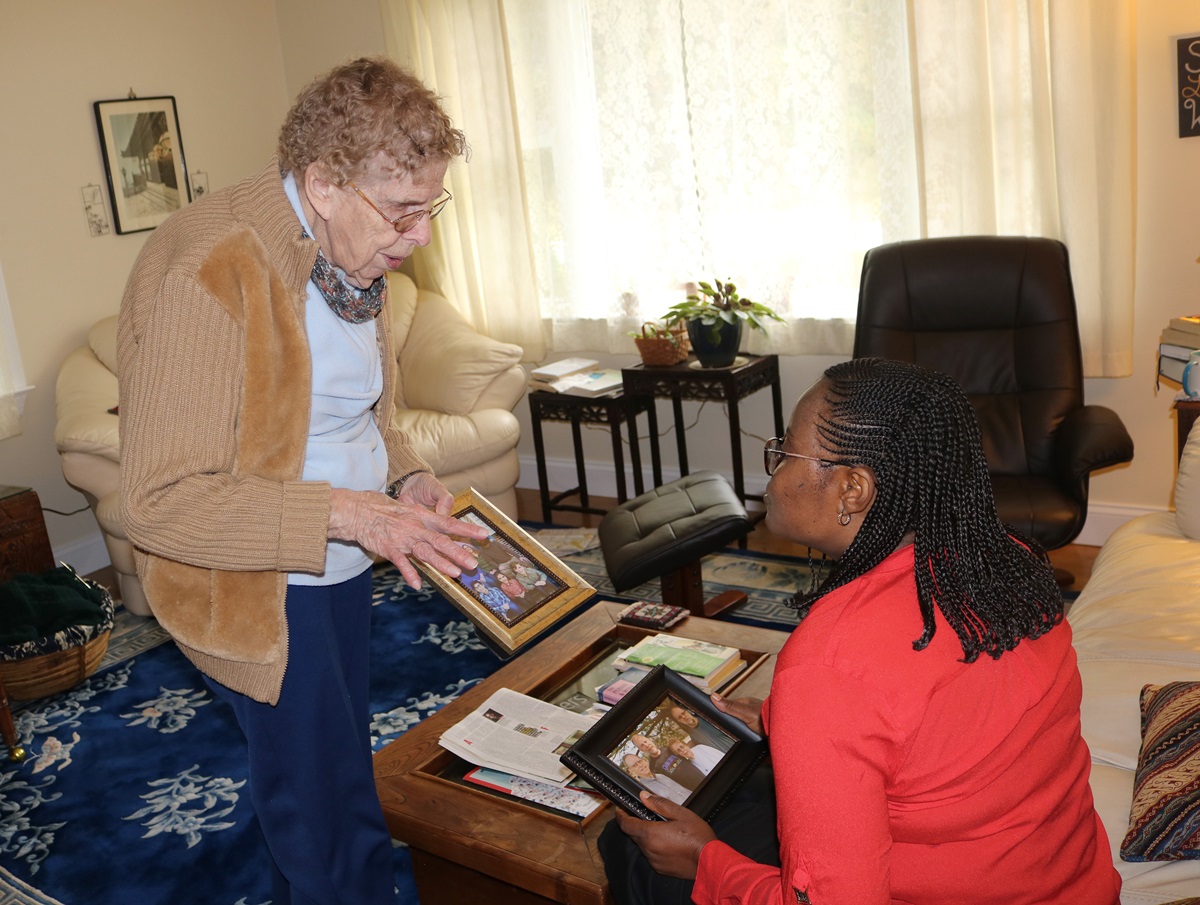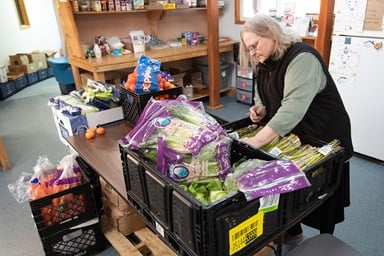The Sierra Leone Initiative — a partnership begun 12 years ago between the Susquehanna and the Sierra Leone annual conferences — continues to build relationships and open new mission opportunities.
Through the initiative, a Susquehanna “covenant church” works with a Sierra Leone “partner church.” Covenant churches commit to providing five or 10 years of salary support for full-time pastors in Sierra Leone at three levels: $1,200, $1,500 or $1,800 per year.
The initiative also builds and develops direct relationships between the congregations through prayers, letters, phone calls and text messages.
U.S. covenant churches provide resources for community needs in Sierra Leone, a nation that has experienced a succession of tragedies — war, Ebola, natural disasters — in recent years. Dilapidated churches and parsonages are rehabilitated or replaced by new buildings, enlivening United Methodist presence. School buildings are repaired or replaced.
In remote communities, the partnership furnishes safe drinking water through drilling boreholes funded by covenant churches. This reduces waterborne diseases. Scholarships, provision of toilets and improved health care are other results of the initiative.
Sierra Leone Bishop John K. Yambasu said, “The general membership of the Sierra Leone Conference remains thankful to God Almighty and deeply grateful to the Susquehanna Conference for journeying with us … in touching souls through the many life-changing ministries we have shared together.”
He highlighted many successes, including sustained salary payment to pastors over the past decade. Pastors now can support their families and send their children to school. In the early post-war years in Sierra Leone, pastors would go for months without pay.
Before the partnership, Yambasu said, local churches paid pastors. Clergy serving large congregations were better paid than their colleagues in rural, less affluent communities. Sometimes, pastors sent to remote communities saw their appointment as a punishment. The partnership has completely changed that. Now, pastors are willing to be transferred anywhere because of a centralized salary payment from the conference office.
Every year, two United Methodists from Sierra Leone — one clergy and one lay — are invited to Susquehanna to share the blessings of the initiative and express the visions and needs of their conference.
Dusty Knisley of Calvary United Methodist Church, Dillsburg, Pennsylvania, grew up in the mission field and hosted the Sierra Leone visitors this year.
“That’s what a partnership is,” Knisley said, “to learn from each other. When we get to know people well, then we want to be more with them in their life, and we can persuade our church to support more financially and with prayers. We grow spiritually simply from enjoying each other’s company and hearing how they relate to God.”
Susquehanna Bishop Jeremiah J. Park praised the initiative. “All parties involved,” he said, “are mutually sharing responsibilities, vision and mission. The initiative is our church in mission at its best.”
Pamela Perna, who chairs the initiative, agreed. “We’re already in our second 10 years.” She said pastor salary support has increased from $3,000 in 2007 to “$10,000 or $12,000 and went up to $18,000 a quarter. … We now send around $20,000 a quarter.”
Every year, Perna continued, the initiative takes missionaries to Sierra Leone, encouraging covenant churches to build relationships with their partner churches. “We have managed to do that for about a third of the churches,” she said. “Some of the larger churches have been able to provide great and amazing things.”
The Rev. Daisy Gbloh visited Susquehanna to share her experience. The young woman resigned from her banking job to become a full-time pastor because she was sure of salary support from Susquehanna.
Despite the ongoing churchwide debate around sexuality, Park remains optimistic about the initiative. “Church exists for the mission,” he said. “It’s my hope and prayer that for the sake of mission, we can overcome the differences and stay together in unity because we are one church. We have one God, one spirit, one hope, one baptism and one body.”
Yambasu said the Sierra Leone Conference would continue to be in mission and open its doors to all existing partner conferences and churches, no matter the outcome of the special General Conference next year.
“As a conference,” he said, “we will remain faithfully committed to our calling to be in mission with the whole world as disciples of Jesus Christ.”
Jusu is director of communications for The United Methodist Church in Sierra Leone.
News media contact: Vicki Brown at (615) 742-5470 or [email protected]. To read more United Methodist news, subscribe to the free Daily or Weekly Digests.
Like what you're reading? Support the ministry of UM News! Your support ensures the latest denominational news, dynamic stories and informative articles will continue to connect our global community. Make a tax-deductible donation at ResourceUMC.org/GiveUMCom.




